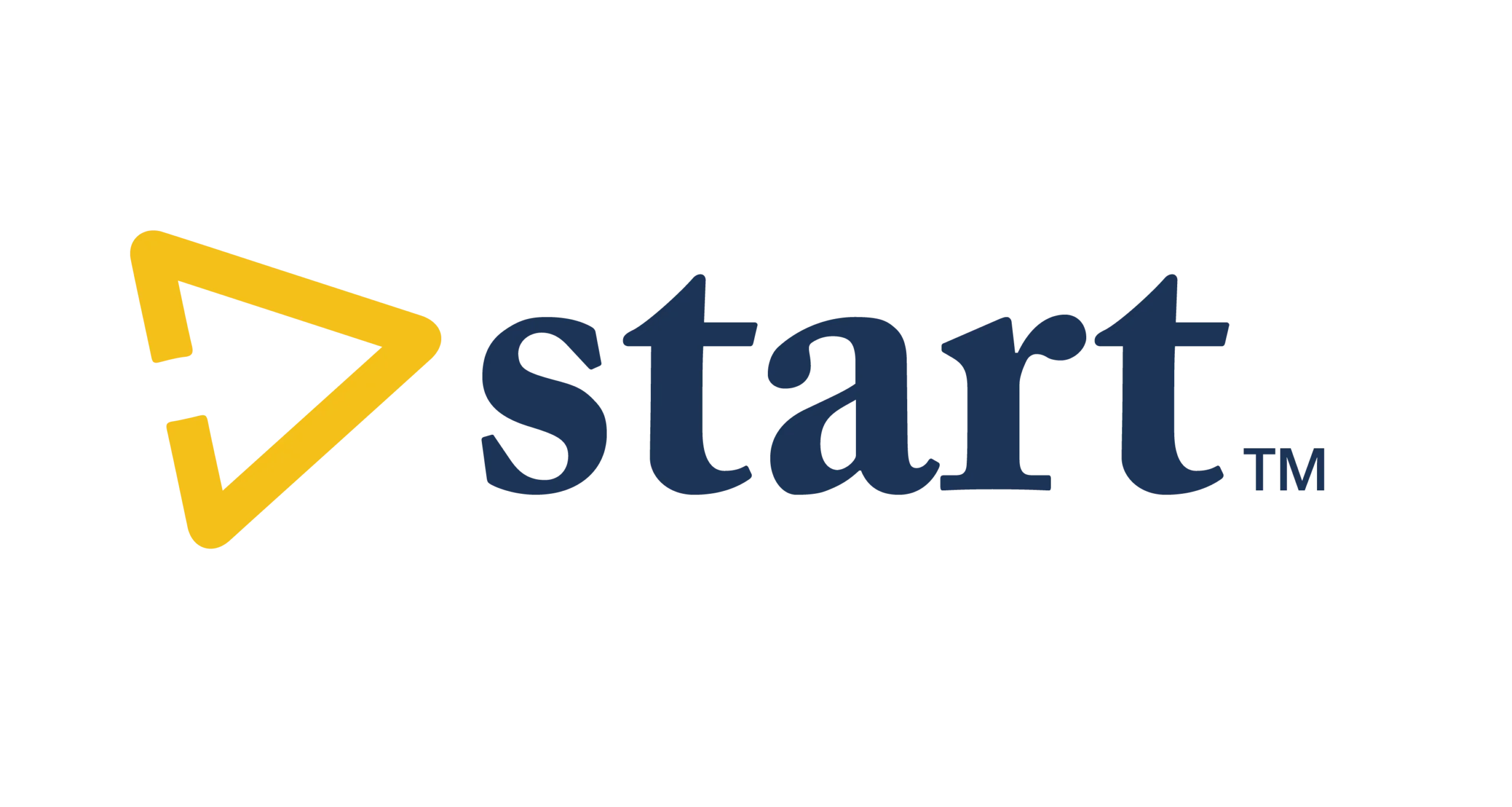
Having health insurance between jobs is so important. Transitioning jobs is an inevitable part of professional life, bringing both excitement for new opportunities and the stress of potential insurance loss. For many Americans, employer-sponsored health insurance is a lifeline, and the prospect of covering the costs independently can be daunting. However, the importance of maintaining health coverage cannot be overstated. In this guide, we’ll explore various options to secure health insurance between jobs and mitigate the financial risks associated with unexpected medical expenses.
The Importance of Health Insurance Between Jobs
Leaving a job often means bidding farewell to employer-sponsored health insurance. While the temptation to forego individual coverage may arise, it’s crucial to recognize the risks involved. Without insurance, individuals expose themselves to significant financial strain in the event of unforeseen accidents or illnesses. The exorbitant costs of hospitalization underscore the necessity of having a safety net to avoid falling into major debt. Fortunately, several options are available to help bridge the health insurance gap during the transitional period.
Exploring COBRA Coverage
Before succumbing to stress over losing health insurance from a previous employer, individuals should assess their eligibility for COBRA coverage. COBRA, an acronym for the Consolidated Omnibus Budget Reconciliation Act, allows individuals to continue paying premiums and receive the same medical coverage for up to 18 months following job loss.
However, COBRA coverage comes with a catch – a monthly cost that may have been covered by the employer during employment. Despite this, COBRA remains a viable option under certain circumstances:
1. Lower Cost: Premiums for COBRA coverage may be lower than individual health insurance plans, potentially resulting in cost savings due to negotiated rates by the employer.
2. Better Health Insurance Coverage: Individuals satisfied with their employer-funded health insurance coverage may find it beneficial to maintain it, particularly if it caters to specific health conditions requiring frequent doctor visits.
3. More Time: For those actively seeking new employment, COBRA coverage provides a seamless solution, saving the hassle of searching for an individual plan. If new employment is secured within the 18-month window, coverage will continue.
ACA-Approved Plans through Healthcare.gov
Timing is crucial when exploring ACA-approved health plans through Healthcare.gov. Open Enrollment periods typically offer the opportunity to sign up for these plans. Leaving a job around the Open Enrollment period allows for a smooth transition without gaps in coverage. In cases where the timing doesn’t align, individuals may still qualify for a Special Enrollment period if job-related health insurance was lost within the last 60 days.
While Marketplace plans may come with a substantial price tag, applicants can determine eligibility for federal financial assistance, including tax premium credits or cost-sharing reductions.
Considering Alternatives
For those finding COBRA or Marketplace plans less appealing, exploring alternative options is common due to the perceived high costs. Non-ACA-compliant alternatives include:
- Short-Term Insurance: Available for durations as short as three months, short-term health insurance often comes with lower premiums. However, individuals should carefully consider associated risks and coverage limitations. One short-term insurance option can be found here.
- Medical Cost-Sharing Plans: These plans spread individual medical costs across a group, often offered by faith-based organizations. Members contribute monthly fees, pooling resources to share medical expenses. Understanding the terms, including reimbursement guarantees and potential caps, is crucial. One medical cost-sharing plan can be found here.
- High Deductible Plans: Catastrophic health insurance, with affordable premiums and a high deductible, is often suitable for younger, healthy adults. MotivHealth is an example of what a high-deductible plan is.
- Primary Care Membership Plans: Increasingly popular, these plans involve a flat monthly fee for services provided by a primary care physician. While not health insurance, they often include unlimited virtual doctor visits and lab work, complementing a catastrophic or high-deductible plan. A primary care membership plan can be found here.
- Cash Price Health Insurance: A novel approach, cash price health insurance replaces traditional cards with a preloaded payment card. Doctors charge the lowest self-pay prices, and the streamlined process often results in lower premiums. Start Health is an innovative cash-price healthcare with an option of an HSA as well.
It’s important to note that Cash Price Health Insurance may not be universally available, with varying restrictions across states.
Navigating the Employment Gap
The uncertainty of losing employer-sponsored health insurance can be disorienting. Figuring out a personal plan might seem complicated, but understanding the available options is crucial. For more information on health insurance and insightful articles, readers are encouraged to explore reputable sources. A recommended read is “What Happens If You Don’t Have Health Insurance?” – an article highlighting the consequences of letting health insurance lapse.
In conclusion, while the job search journey may present challenges, securing health insurance ensures peace of mind and financial stability. Good luck with your job search, and prioritize your health and safety!
Sources:
